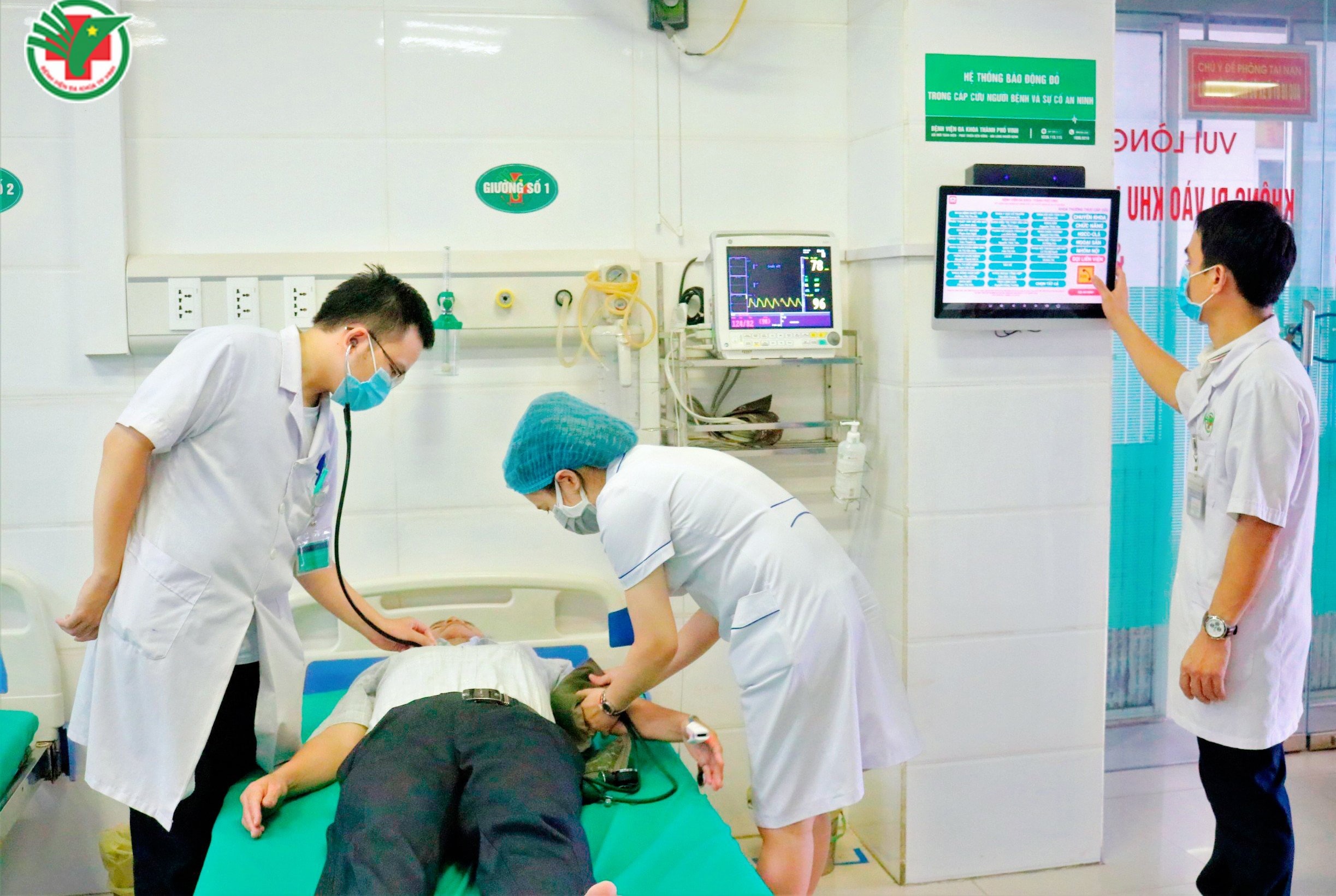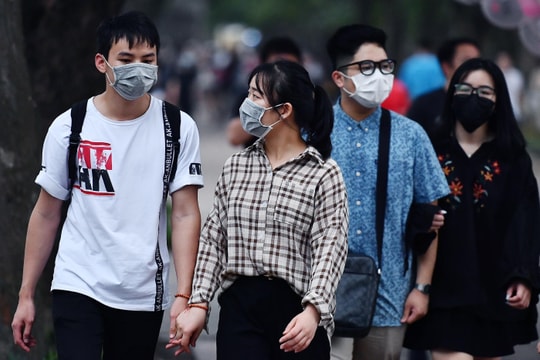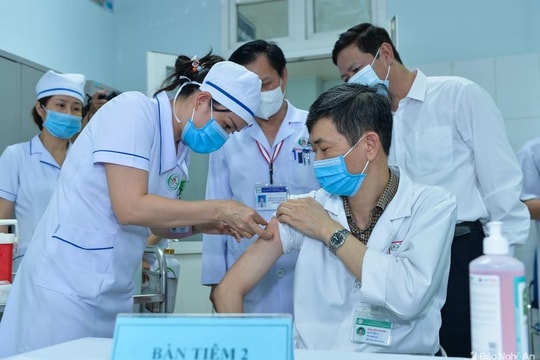Ministry of Health warns about seasonal flu outbreak in Japan
Seasonal flu outbreaks in Japan are mainly caused by influenza A, but there is still a risk of an outbreak caused by influenza B.
Seasonal flu is an acute respiratory infection caused by the Influenza virus, which spreads through the nose, throat and lungs. In Vietnam, the disease occurs year-round but often breaks out strongly in winter and spring. Experts warn that the peak of the flu epidemic can occur around February - April and September - October every year.
Seasonal flu is usually mild and people recover within 2-7 days. However, in high-risk groups such as people over 65 years old, young children, pregnant women and people with underlying medical conditions, flu can cause serious, even life-threatening complications.
Regarding information related to the outbreak of seasonal flu in Japan as well as in some areas around the world, on the afternoon of February 5, the Ministry of Health said that the Ministry is continuing to monitor and closely follow the developments of the epidemic situation in the country and around the world to have timely recommendations.
According to data released by the National Institute of Infectious Diseases in Japan, the seasonal flu outbreak has been ongoing since September 2024 with approximately 9.5 million cases, of which the last week of 2024 recorded more than 317,000 cases in Tokyo, Hokkaido, Osaka and Fukuoka, which are densely populated areas with many tourist attractions and crowded areas, and are the areas most affected by the current seasonal flu outbreak.

Tokyo, Hokkaido, Osaka and Fukuoka are densely populated areas with many tourist attractions and large crowds, and are the areas most affected by the current seasonal flu outbreak. The current seasonal flu outbreak in Japan is mainly caused by influenza A, but there is still a risk of an outbreak caused by influenza B.
Previously, according to information from the World Health Organization on January 7, 2025, in many countries in the Northern Hemisphere, acute respiratory diseases tend to increase seasonally at the end of the year due to respiratory pathogens such as seasonal influenza virus, RSV and other common viruses such as hMPV, mycoplasma pneumoniae.
According to the World Health Organization, the incidence of influenza syndromes (ILI) or acute respiratory infections (ARI) in several countries in the Northern Hemisphere increased in the last weeks of 2024 and exceeded the usual seasonal baseline.

In addition, according to the results of influenza surveillance worldwide, seasonal influenza is also increasing in many countries in Europe (all subtypes of influenza viruses appear), North America (mainly influenza A), Central America and the Caribbean (mainly influenza A/H3N2), West Africa (mainly influenza B), North Africa (mainly influenza A/H3N2), East Africa (mainly influenza B) and many countries in Asia (mainly influenza A(H1N1) pdm09), in line with the typical trend for the end of the year.
Mr. Hoang Minh Duc - Director of the Department of Preventive Medicine (Ministry of Health) said that the Ministry of Health continues to monitor and closely follow the developments of the epidemic situation in the country and around the world to direct and guide localities and units to deploy appropriate and timely measures and provide complete and accurate information, not to cause panic and anxiety, but not to be subjective and negligent in the face of developments of the epidemic situation.
The Ministry of Health provides recommendations and messages for people to proactively implement effective disease prevention measures.
To proactively prevent seasonal flu, people should do the following:
Cover your mouth and nose when coughing or sneezing, preferably with a cloth or handkerchief or disposable tissue or your sleeve to reduce the spread of respiratory secretions; Wear a mask in crowded places, on public transport; wash your hands frequently with soap and clean water or hand sanitizer (especially after coughing or sneezing);
Do not spit indiscriminately in public places; Limit unnecessary contact with people with flu or suspected cases; Get vaccinated against seasonal flu; Practice a healthy lifestyle; eat nutritious foods to prevent flu virus infection; increase physical activity to improve health.
The Department of Preventive Medicine notes: When experiencing symptoms of cough, fever, runny nose, headache, fatigue, do not self-test or buy medicine for treatment at home, but contact a medical facility for timely consultation, examination and treatment.





